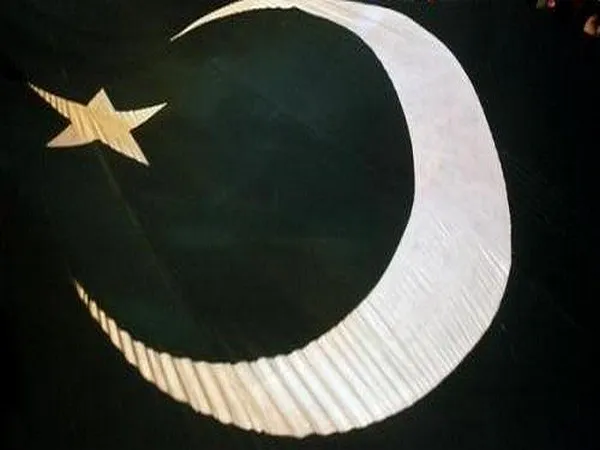Pakistan’s twin crisis – political and economic – has landed it in a vicious circle. Both feed on each other, causing popular discontent at home and disenchantment among the aid-givers and allies abroad.
The zero-sum game currently being played by its politicians is being vigorously tweaked, even remote-controlled, by the all-powerful army that saw a threat to its dominance after supporters of rebellious former Prime Minister Imran Khan attacked its key establishments on May 9, when Khan was briefly arrested. But this has only deepened the crises with the judiciary, another key player, thwarting the army-backed government moves at curbing Khan.
Elections to the National Assembly and the provinces are nowhere in sight for lack of an agreement among the politicians. Prime Minister Shehbaz Sharif’s beleaguered government is denying rumours of the elections being postponed to next year, or indefinitely, to first get over the economic crisis. Pakistan analysts warn that any postponement would accentuate the political crisis and also postpone any economic recovery.
The International Monetary Fund (IMF) has withheld for the past seven months the tranche of the financial bailout that Pakistan direly needs. It is awaiting a political reconciliation and/or the emergence of a caretaker government whose officers it can talk to and hold responsible in future.
But the economic crisis, causing shortages of even the basic necessities of the public, has forced Pakistan to seek another IMF loan before it can get this one. It is unusual, if not unprecedented for a nation. Pakistan is already the fifth-highest IMF debtor standing at $7.4bn. In August 2022, the IMF extended $1.1bn as part of a $6.5bn programme agreed back in July 2019. But the money is not forthcoming, while the overseas partners have made their help conditional to the IMF “clean chit”, which Pakistan has been unable to get.
“It is about time for the government to announce the timeframe for the dissolution of assemblies and notify the date for the next general elections. It’s vital not just for democracy but also for the much awaited economic turnaround in Pakistan,” Dawn newspaper said on June 6, 2023.
It warned: “The situation is dire currently. Growth, if at all, has reduced to a crawl. The stubborn galloping inflation will not be easy to tame. The fiscal deficit and piling debt repayments are already beyond threatening levels. The capital, commodity, property and currency market volatility has mounted extreme anxieties.
“The government has managed to dodge the default to date, but the high level of future liabilities and the reluctance of donors mean that the danger of insolvency persists. The piecemeal relief steps for poor and key growth actors within the confines of the International Monetary Fund’s (IMF) stability conditions may fall short.
Urdu daily Jasarat said in its editorial (June 2, 2023) that Finance Minister Ishaq Dar has “staked his political future” assuring that Pakistan will not default on its debt servicing commitments. Some critics see Dar as “part of the problem”.
Amidst multiple crises, PM Sharif was in Turkey to be part of Erdogan’s inauguration (he was urged not to be in Ankara when Turkey had a huge earthquake last year). Adding to Sharif’s presence, seen as profligacy by critics, foreign minister Bilawal Bhutto-Zardari was also in Ankara and the two were in Iraq.
Meanwhile, Pakistan’s domestic debt amounted to PKRs36.5tr while the external debt accounted for a 37.6pc share with Rs22tr at the end of April. World Bank predicts 2 percent GDP growth, not 3.5 that Pak claims. When working hours are being extended everywhere to improve business and public access to daily needs, Pakistan’s National Economic Council (NEC) on June 5 decided to order all establishments to close by 8 PM to “conserve energy.” The Gulf allies supplying the fuel are cagey to help out unless Pakistan ushers in reform measures. The indications, however, are that Dar may introduce a ‘populist’ annual budget this month hoping to reduce public discontent on rising prices, with inflation, constant at 29 per cent through the fiscal year, crossing 38 per cent last month.
Dawn (June 6, 2023) warned in its editorial: “There couldn’t have been more challenging times than the present ones for preparing the national budget. The uncertainties related to elections and foreign funding required to cover the massive external account financing gap of about $25bn during the next financial year, amid deepening domestic political crises and unfavourable global economic circumstances, mean that our fiscal authorities would be budgeting this year on hope rather than tangibles.”
Poly-Crisis bleeds Pakistan

- Advertisement -
- Advertisement -
